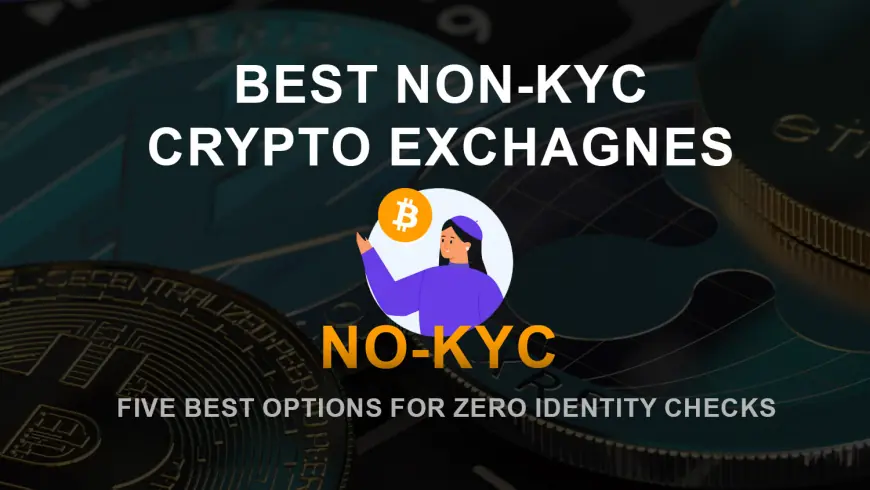Exploring the Legal Implications of No-KYC Crypto Exchanges

Introduction to the No-KYC Trend
No-KYC (Know Your Customer) crypto exchanges are becoming increasingly popular in the digital finance world. By removing the need for identity verification, these platforms prioritize privacy and accessibility, making it easier for users to trade cryptocurrencies without disclosing personal information. This trend is reshaping how to buy crypto no kyc the way people interact with digital assets.
The Rise of Privacy-Focused Platforms
As concerns over personal data security rise, many cryptocurrency users are seeking privacy-focused platforms. No-KYC exchanges provide a solution by eliminating the need to share sensitive personal information. These platforms give users greater control over their financial privacy, aligning with the values of decentralization and autonomy within the crypto space.
Global Access to Cryptocurrency Markets
No-KYC exchanges break down geographical and regulatory barriers, providing global access to cryptocurrency markets. Users from countries with restrictive financial systems or stringent regulations can easily engage in trading without the need for verification. This fosters inclusivity, offering individuals in underserved regions the opportunity to participate in the digital economy.
Fostering Financial Freedom and Autonomy
No-KYC exchanges align with the ideals of financial freedom and autonomy. By bypassing identity verification, these platforms empower users to trade freely without restrictions. This opens up opportunities for individuals who may face barriers on traditional, regulated exchanges, allowing them to take control of their financial futures in a decentralized manner.
Security Risks Associated with No-KYC Exchanges
Although no-KYC exchanges offer privacy benefits, they also present security risks. Without identity verification, it’s harder to track fraudulent activities, making these platforms attractive to malicious actors. Users may also be more vulnerable to scams, phishing attacks, and hacking. As a result, security vigilance is crucial when using these exchanges.
The Role of Decentralized Finance (DeFi) in No-KYC Trading
Decentralized Finance (DeFi) platforms have played a pivotal role in supporting no-KYC crypto exchanges. DeFi allows users to trade directly with one another through smart contracts, eliminating intermediaries. This decentralized model ensures privacy while reducing the need for personal information, offering a secure and permissionless trading experience.
Regulatory Challenges Facing No-KYC Platforms
No-KYC exchanges face regulatory challenges as governments around the world tighten cryptocurrency regulations. Authorities are increasingly concerned about the potential for money laundering and terrorist financing, prompting some countries to enforce stricter requirements. These platforms must navigate complex legal environments while trying to maintain their privacy-focused approach to trading.
The Future of Privacy and Regulation in Crypto
The future of no-KYC crypto exchanges depends on how the industry addresses privacy concerns and regulatory compliance. While user demand for privacy continues to grow, stricter regulations may force exchanges to adopt KYC procedures. Blockchain technology advancements, such as zero-knowledge proofs, may offer solutions for balancing privacy with compliance.
User Education and Awareness in the No-KYC Landscape
User education is vital in the no-KYC exchange ecosystem. As these platforms often lack the protections of traditional financial institutions, users must be aware of the risks involved. Providing resources on secure trading practices, recognizing scams, and safeguarding personal assets is crucial for ensuring the safety of no-KYC exchange users.
Conclusion
No-KYC crypto exchanges are transforming digital finance by offering privacy, accessibility, and financial freedom. While these platforms offer a streamlined experience, they also face significant security risks and regulatory pressures. As the industry evolves, the challenge will be to maintain privacy and decentralization while complying with emerging global regulations.












